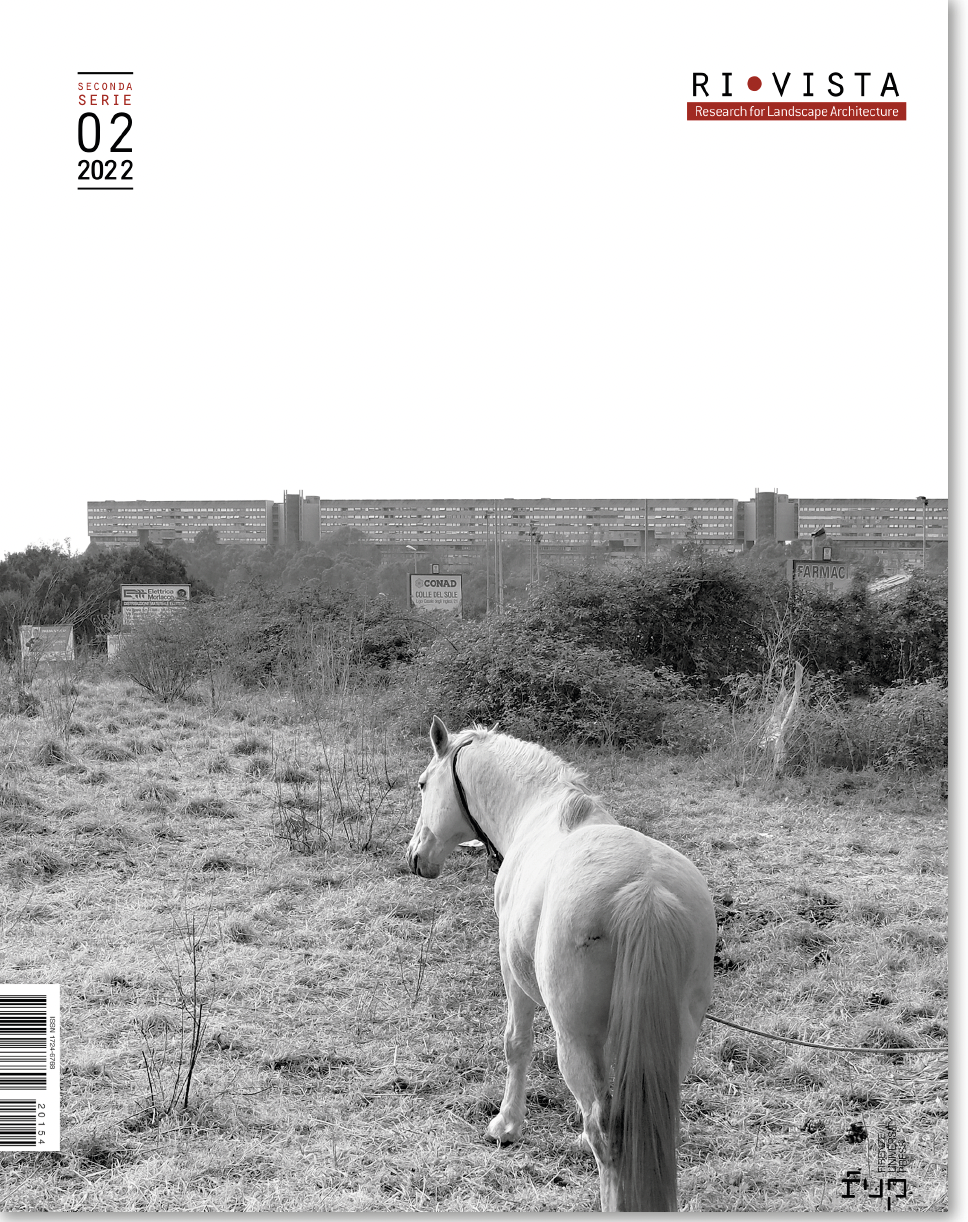Thematic call 02| 2024
Edited by Anna Lambertini & Maria Gabriella Trovato
Globalisation and neoliberal practices have worked towards a process of homogenisation both culturally and biologically, flattening cultural diversity and impoverishing our ecosystems. Scholars attest that ‘the reduction of variation and difference .. seems to apply both in the natural and the sociocultural world, often with similar causes and comparable results’ (Hylland Eriksen, 2021). In 2011, the American science journalist Charles Mann coined the term ‘The Homogenocene’ to label the modern world characterised by monocultures, species extinction, biological invasions, language death and ubiquitous consumerism.
However, the daily experience of millions of people is ‘marked by the omnipresence of food, fabrics, raw materials, objects and symbols that originate in the most disparate and hidden corners of the planet’ (Matilde Callari Galli, Mauro Ceruti, Telmo Pievani, 1999). Increasingly intense migratory phenomena and planetary brassage increase the possibility for the planet’s great majority of inhabitants to entertain intercultural (and interspecific) relations at various levels in their everyday lives. The chance of encountering the other, of comparing different and diverse bodies – physical or digital, human and non-human – has now become a constitutive part of the infra-ordinary dimension.
Those interactions with the multiple – desired, unexpected, feared- create and recreate eco-cultural niches that continually invent and embody new forms of social interaction, values, and even new types of spaces and landscapes. In 2017, the anthropologist Steven Vertovec introduced the term super-diversity to describe ‘diversity diversification’ as a useful tool to explore constructive practices of co-habitation in increasingly complex contemporary societies. In light of the various nuances of meaning that diversity and difference can assume in the field of the landscape sciences, this call invites contributors to reinterpret the paradigm of super-diversity with regard to the principles and advancements made in the landscape project’s culture. It invites contributors to reinterpret this concept from a more than a human perspective and as an expression of the entangled relationship between landscapes and all its inhabitants. Drawing on multidisciplinary studies on coexistence, multiplicity, and queer ecology, we encourage contributions on the intricate ways of cohabitation nurturing bio-diversities to strategically design resilient, sustainable and diverse ‘milieux’ welcoming humans and no-human species.
Keywords: Super-diversity; Bio-diversity; Cultural diversity; Eco-systemic complexity; Landscape design and planning.
The call is open until May 31st, 2024.
To submit your full paper, please go to our submission platform: https://oaj.fupress.net/ index.php/ri-vista/about/submissions
Registration and login as Author with the Ri-Vista system is required to submit and follow the submission process online. Later, the account is necessary for following the status of your submission. The proposals have to be unpublished and written in Italian or English; the text can be of 20,000 to 30,000 characters, including spaces, title, authors, abstract, keywords, captions and references. The proposals have to include a minimum of 5 — a maximum of 10 pictures with good definition (at least 300 dpi/inch and 25 cm the smallest side) free from publishing obligations or accompanied with the specific permission.
The selected papers will be published in the thematic section of the 2|2024 issue of Ri-Vista.
Download Ri-Vista call for paper 2-2024 PDF
INFO
emanuela.morelli@unifi.it

